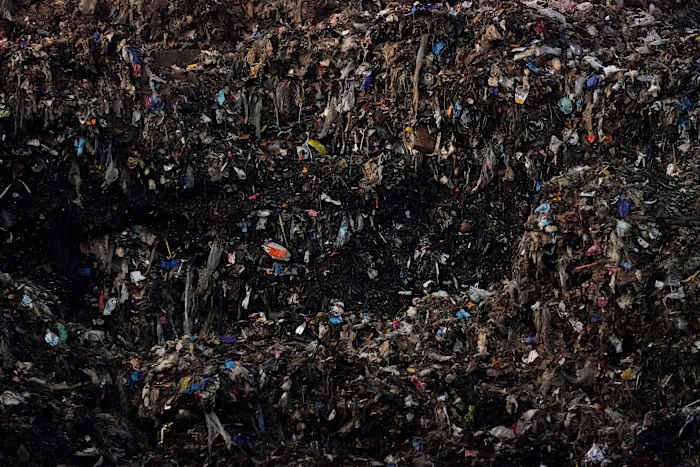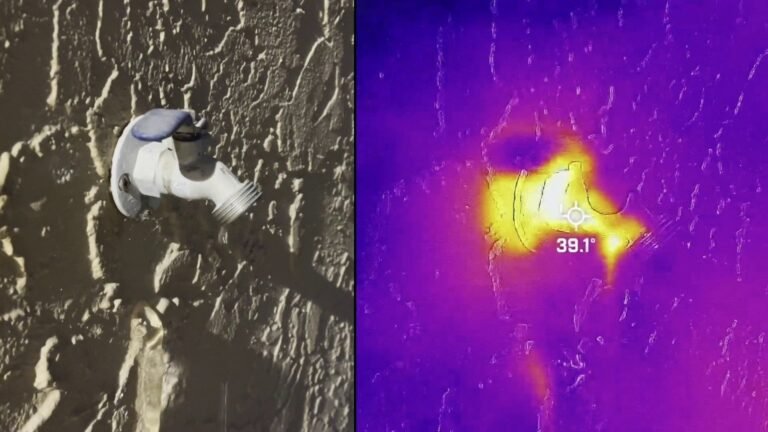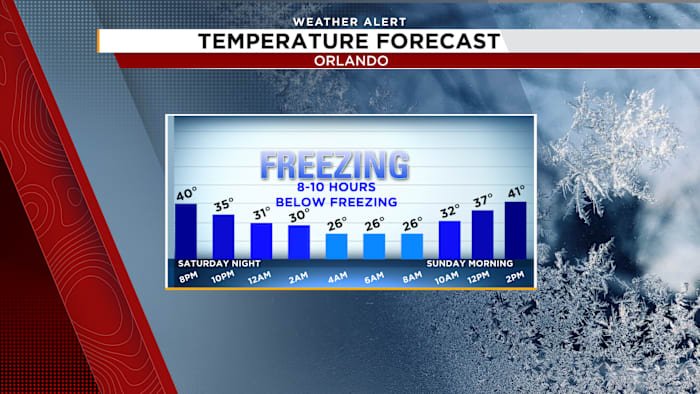Did you know that the average household in Orlando throws away hundreds of dollars’ worth of food every year? Not only does this hit your wallet, but it also adds to the environmental strain on our beautiful Central Florida community. Food waste isn’t just a personal problem—it’s a citywide issue that impacts our landfills, local economy, and even the air we breathe. Luckily, there are simple steps all Orlando residents can take to reduce food waste, save money, and do their part to protect our environment. Keep reading for practical tips and Orlando-specific insights that will help you make a difference.
How Food Waste Impacts Orlando Households
Every week, families across Orlando toss out uneaten leftovers, spoiled produce, and forgotten takeout. According to the EPA, the average American wastes nearly one pound of food per day. That adds up to more than 300 pounds per person each year! For Orlando residents, this translates to hundreds of dollars lost annually, especially as food prices continue to rise.
But the impact goes beyond our wallets. When food ends up in the Orange County landfill, it decomposes and produces methane—a greenhouse gas far more potent than carbon dioxide. This contributes to climate change, which can lead to more severe weather events in Florida, from hurricanes to heatwaves. Reducing food waste is not just a smart financial decision; it’s an essential step in protecting Orlando’s future.
Understanding the Environmental Toll of Food Waste
When we toss food, we’re not just wasting the meal itself. All the resources that went into producing, transporting, and storing that food are wasted, too. For Orlando, this means:
- Landfill Overload: Food is the single largest component of municipal solid waste in Orange County. As local landfills fill up, the city faces higher disposal costs and increased pollution risks.
- Water Waste: It takes thousands of gallons of water to grow our fruits and vegetables. Every uneaten tomato or orange that ends up in the trash represents wasted water—a precious resource in Florida’s often dry climate.
- Air Quality: As food breaks down in landfills, it emits methane and other gases. These contribute to local air pollution and exacerbate climate change, making Orlando’s air less healthy for everyone.
By cutting down on food waste, Orlando residents can reduce pollution, conserve water, and slow the pace of global warming—all while saving money.
Simple Steps to Reduce Food Waste at Home
Ready to make a change? Here are easy, actionable tips for Orlando families looking to cut down on food waste:
- Plan Your Meals: Before heading to Publix or the Winter Park Farmers’ Market, make a shopping list based on what you already have at home. Stick to your list to avoid impulse buys that may go to waste.
- Store Food Properly: Orlando’s heat and humidity can make food spoil faster. Invest in airtight containers and learn which fruits and veggies should be refrigerated or kept on the counter.
- Use Leftovers Creatively: Repurpose last night’s dinner into a new meal. For example, leftover roast chicken can become taco filling, salad topping, or soup the next day.
- Understand Expiration Dates: “Sell by” and “best by” dates are often just guidelines. Trust your senses—smell, look, and taste—before tossing food that may still be good.
- Compost What You Can: If you do end up with peels, cores, or spoiled produce, consider starting a backyard compost bin or joining a local composting program. Composting helps reduce landfill waste and produces nutrient-rich soil for your garden.
Orlando Resources and Community Initiatives
Orlando is making great strides to tackle food waste on a citywide scale. Here’s how you can get involved:
- Food Rescue US – Orlando: This volunteer-driven organization collects surplus food from local restaurants and grocery stores and delivers it to area food banks and shelters. Learn more or volunteer at Food Rescue US – Orlando.
- Composting Programs: The City of Orlando offers a free backyard composting program for residents. Pick up a compost bin and learn how to turn your kitchen scraps into garden gold. Details can be found on the City of Orlando’s website.
- Donate Unused Food: Organizations like Second Harvest Food Bank of Central Florida welcome non-perishable food donations. Find out how you can contribute at Second Harvest Food Bank.
- Attend Workshops: Keep an eye out for local events and workshops aimed
















